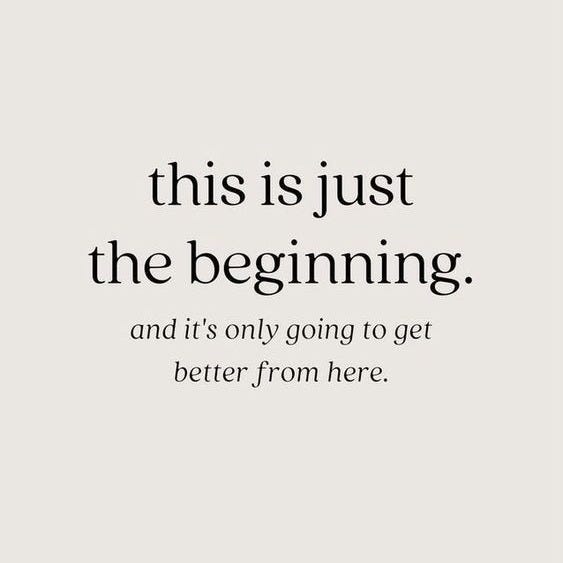Decoding Why Startups Fail : Lesson 1
Right idea, Wrong People
At the heart of every successful startup lies a shared vision—a common goal that unites co-founders, employees, and stakeholders. This shared vision isn’t just a mission statement; it’s the very soul of the business, guiding every decision, strategy, and action.
But what happens when this vision isn’t truly shared?
Imagine you and your co-founders start with a brilliant idea, full of potential. You all seem aligned, excited, and ready to conquer the market. However, as the business grows, subtle differences in priorities, strategies, and values begin to emerge. Perhaps one founder prioritizes rapid scaling, while another believes in steady, sustainable growth. Maybe another is focused on maintaining control over every aspect of the business, while you are more willing to delegate and bring in outside expertise.
These differences can start small, almost unnoticeable. But over time, they can grow into massive disagreements. This divergence in vision isn’t just a theoretical risk; it’s a very real and present danger that has sunk countless startups. And the most tragic part? It’s often entirely avoidable.
One of my Business Endeavour Failed (Yes, It happened to me)
A few years ago, I began a startup with two of my best friends. We had been inseparable for years since Engineering. We shared ideas, ambitions, and a passion for making a difference in the world. It seemed only natural to start a business together. We believed that our friendship would be the foundation of our success, and in many ways, it was. Our early days were filled with excitement, road-trips to and fro to work, late-night brainstorming sessions, and a shared belief that we were on the cusp of something great.
However, as we delved deeper into the business, it became clear that one of us had a different outlook on what we were trying to achieve. While two of us were focused on creating long-term value and building a brand that would stand the test of time, the third was more interested in quick wins and immediate returns. This difference in vision didn’t just lead to disagreements—it fundamentally altered the direction of the company.
As time went on, the tension grew. We found ourselves at a crossroads, unable to agree on the best path forward. The result? Our startup, that began as a shared dream ended as a painful lesson. It took us while to buck up and get back on our feet, but here we are - Stronger and wiser!
Choosing the Right Venture Capitalists (Could be Tricky)
If you are ever considering to raise funds for your startup rather than running it as a bootstrapped one, selecting the wrong VC partnership would sink your startup to much greater depths than a wrong co-founder possibly could.
Venture capitalists are often seen as the golden ticket to startup success. They bring not only capital but also expertise, networks, and a wealth of experience. However, this partnership is a double-edged sword. The wrong VC can steer your company into a direction that is completely out of sync with your original vision.
VCs are typically driven by the need for high returns on their investments, and this can sometimes clash with the long-term goals of a startup. A VC may push for rapid scaling, aggressive marketing strategies, or even a premature exit, all of which can compromise the core values and vision of the company.
The result can be a company that loses its identity, alienates its original customer base, and ultimately dies down.
The Takeaway: Choose your peers Wisely
If you’re considering starting a business, take the time to ensure that your co-founders share your vision. Have open, honest conversations about your goals, values, and expectations. And when it comes to choosing a VC, look beyond the money. Ensure that their approach aligns with your long-term vision for the company. The journey of a startup is as much about the people you choose to work with as it is about the idea itself.
Signup to DMS Newsletter "The Startup Diary" for informative content around Marketing, Industry News and more.





